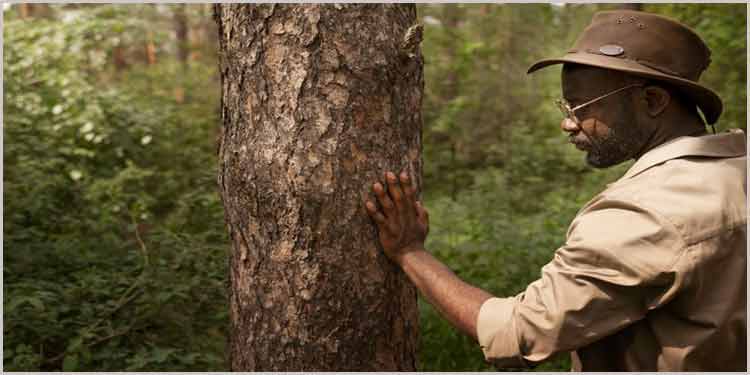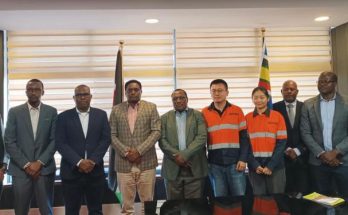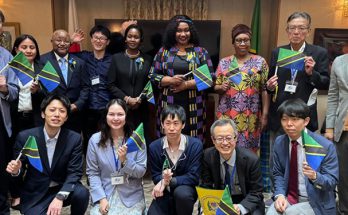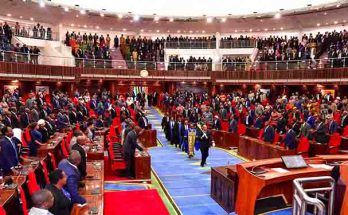
To fill the financial gap in biodiversity conservation and support the Sustainable Development Goals (SDGs), Tanzania has officially launched the Biodiversity Finance Initiative (BIOFIN) on the mainland. A partnership between the Vice President’s Office and the United Nations Development Programme (UNDP), aims to align national financial systems with environmental priorities.
Speaking at the launch, Hon. Abdallah Hassan Mitawi, Deputy Permanent Secretary (Environment), emphasized the importance of integrating biodiversity into national planning and decision-making. He called for reforms to eliminate harmful subsidies, develop biodiversity-friendly incentives, and promote responsible production and consumption practices.
Mitawi also urged the banking sector to explore opportunities in impact investment and green financing, including projects in ecotourism, sustainable forestry, and renewable energy. He encouraged development partners to align their support with BIOFIN priorities and facilitate knowledge sharing through South-South cooperation.
UNDP Resident Representative Shigeki Komatsubara noted that BIOFIN enables countries to incorporate biodiversity into development strategies, helping secure both environmental sustainability and human well-being.
Director of Environment Ms. Kemilembe Mutasa highlighted that securing sufficient funding is vital for biodiversity protection and sustainable livelihoods. BIOFIN’s introduction is a key step toward achieving this.
Pierre Lanfranco, Technical Advisor for BIOFIN, noted the initiative’s growing global reach, now spanning 133 countries. He pointed to the recent call at the CBD COP16 for countries to adopt resource mobilization strategies, a move Tanzania is actively responding through its Biodiversity Finance Plan, Tanzania aims to improve conservation efforts, optimize public spending, and mobilize additional resources to protect its ecosystems. Under the GEF-8 umbrella, Tanzania joined BIOFIN in 2024 along with 91 other countries.
Launched in 2012, BIOFIN helps nations assess biodiversity financing needs, identify inefficiencies, and develop tailored funding solutions. This global effort supports the integration of biodiversity into public finance systems and promotes sustainable natural resource management.



